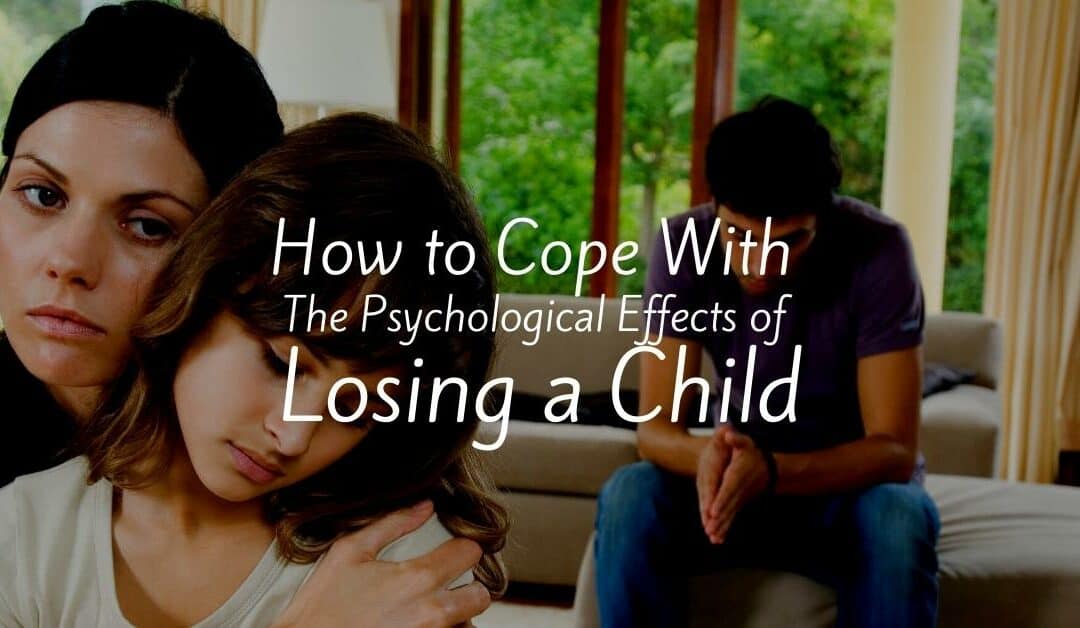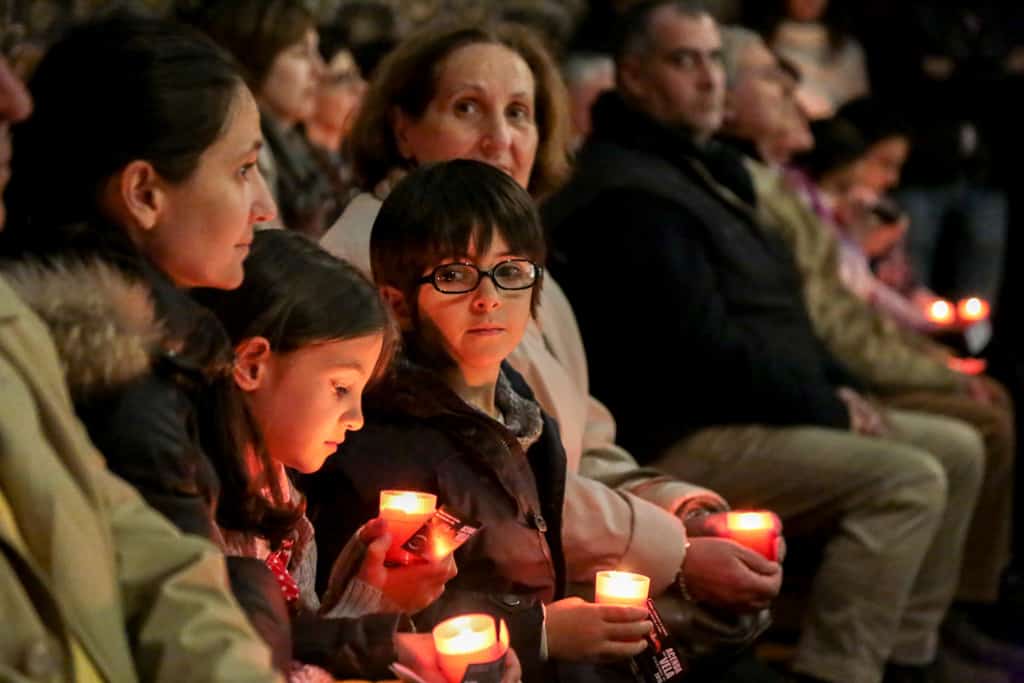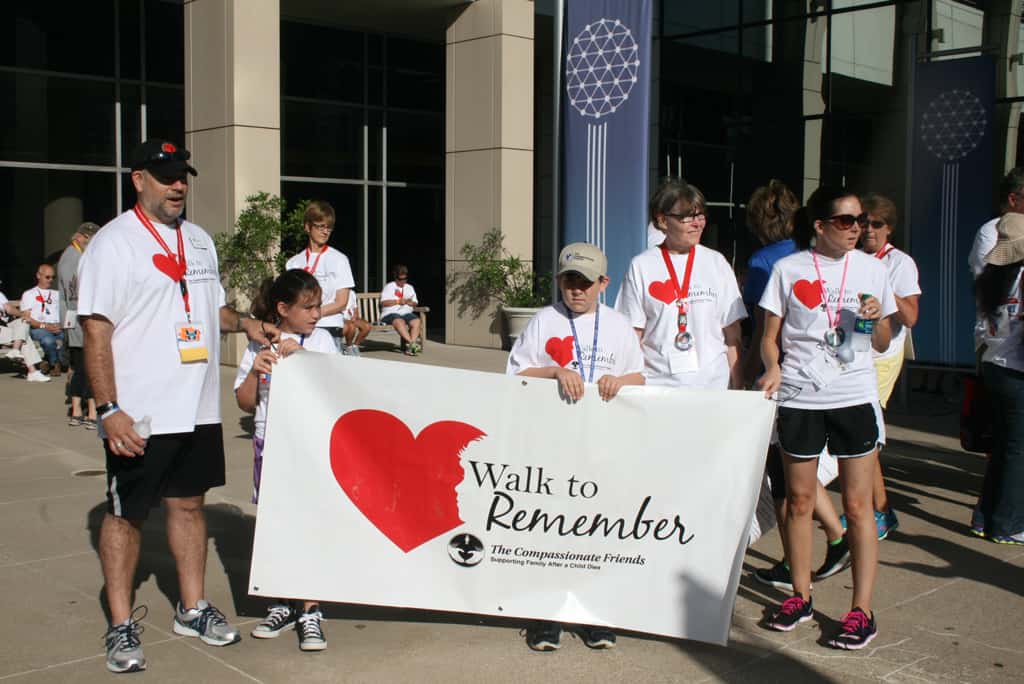The death of a child is an unspeakably horrific experience that leaves parents reeling with shock, disbelief, and intense psychological pain. For many bereaved parents, the effects of losing a child are long-lasting and can be profoundly debilitating. This article will explore how this type of grief can affect mental health. We’ll also discuss some methods for finding your way back to life. If you are struggling after the death of your child, please know that you are not alone, and there is help available.
Psychological Effects of Losing a Child
It’s hard to describe how it feels to lose a child. The death of a child is one of the most traumatic experiences anyone can go through.
In studies across the board, bereaved parents reported struggling to regain well-being after losing a child. Many parents face a myriad of psychological struggles, including:
- Complicated grief: Unresolved grief that doesn’t go away. Parents grieve indefinitely and feel unable to move forward. “Feelings of loss are debilitating and don’t improve even after time passes… Painful emotions are so long-lasting and severe that you have trouble recovering from the loss and resuming your own life.” (1)
- Anger: It’s not the natural order when a child dies before the parents. It’s only natural to feel angry at what happened.
- Guilt: Depending on how the child died, you or your spouse may feel guilt over what happened. Or you may feel angry and blame your spouse. Parents cope better when they can grieve together, so if you struggle with blame, shame, and guilt as a married couple, seek counseling.
- Anxiety: It’s natural to feel anxiety during any grieving process, especially with the loss of a child. A child death conflicts with your sense of safety and disturbs the core of your family life.
- Poorer well-being: Feeling a general daily malaise is common in acute grief. You may experience physical health problems such as broken heart syndrome, depression or a depressive episode, severe anxiety, and even irritable bowel syndrome.
The mourning process after the loss of a child is not straightforward. There is no map.
Parents grieve and show grief in different ways. One parent’s grief reaction may look cold to another because there is no show of emotions. However, they may simply need privacy to feel safe crying. Someone else experiencing intense grief may be inconsolable and cry easily around others.
Losing a child is one of the most painful events you can face as a parent, and grief reactions vary widely among bereaved parents. However, there are ways to move through your grief and return to life again.
Tips to Cope for Grieving Parents After a Child’s Death
You cannot overstate the importance of seeking support after the death of a child. One study showed that social interactions play a significant part in helping with depressive symptoms in bereaved parents. (1)
So find a therapist you trust to talk to about complicated grief. Or find support groups for parents who have lost children. Talking to others who have been through the same experience can be incredibly helpful and therapeutic.
In addition to talking to a professional or joining a support group, try these coping strategies for surviving parental grief:
- Talking with caring friends
- Grief support groups such as Griefshare or Transitions Griefcare: These groups are often free to the public.
- Learn coping skills that work for you, such as taking a walk or playing a musical instrument when feeling overwhelmed.
- Prayer and participation in a faith group
- Seek treatment for physical functioning health issues from medical professionals
- Find a counselor if you face mental illness issues, such as more depressive symptoms than before
- Seek therapy from professional help from sources such as counselors or other groups.
- The Compassionate Friends provides help and support specifically for families who have lost a child. Feel free to contact TCF’s National Office at 877-969-0010 if you need assistance finding a local Chapter or if you have any other questions. Your whole family can gather with others who understand because you are all walking the same path. (2)
You can see images from the Compassionate Friends site below.
Finding others to help you walk through your grief journey is crucial in finding your way and continuing to live your life going forward.
Physical Symptoms to Watch For
Significant grief responses can occur, so it’s crucial to take care of yourself after a traumatic event such as a child death.
Seek medical help right away if you experience:
- Intense chest pain or trouble breathing
- A racing heartbeat or palpitations
- Dizziness, lightheadedness, or fainting
- GI issues such as abdominal pain, nausea, and vomiting
- Headaches or migraines that are new or different from your usual pattern
- Extreme fatigue
If you have thoughts of suicide, call the National Suicide Prevention Lifeline at 1-800-273-8255 for free, confidential support 24/7.
It’s true that many grieving parents suffer unresolved grief. Coping with losing a child is incredibly difficult. However, you may cope better by seeking professional help or joining a support group than those who try to go without emotional support.
Caring for Surviving Children as Bereaved Parents
If you are a parent of more than one child, the mourning process may be hard on the surviving siblings. Other children in the family may feel guilty or sad about what happened. It’s crucial to find support for your other family members.
Non-bereaved parents likely won’t understand the extent of what you face with a deceased child. However, they can still help you and your family members cope. When trusted friends offer you dinners or say they will take your kids to the park, let them!
Your kids may need more support than you can give right now, so let your other family members help. A child’s life needs structure and activities that you may feel too exhausted to handle right now. Especially if you have school-age children, you may all benefit from grief support groups to help everyone process what has happened in your family.
Taking Care of Yourself After a Traumatic Experience
Child loss is widely considered one of the most stressful life events you can face. Depending on the child’s age and whether you have remaining children, you may cope better or worse than other parents who’ve lost a child.
For example:
- If you lose an only child, you may face a higher risk of health issues and debilitating grief. Try to find ways to care for yourself daily. Your health depends on your coping skills right now!
- A family losing a child to a “natural death” may struggle with less marital strife than a family losing a child to an accident. An accident can bring in negative emotions such as blame and guilt. These negative emotions can push spouses away from each other.
- Older parents with an older adult child may (or may NOT) handle the loss better than younger parents losing a toddler.
- Parents experiencing a stillbirth as their first child can hurt just as much as parents of older children.
However, comparing how you cope with grief doesn’t help you function after the death of a child. You must take time for yourself and understand that your health outcomes depend on your coping strategies.
We Can Help
We are here for you in your time of sorrow and pain at Renaissance Funeral Home and Crematory. And we understand this difficult time you face now. That’s why we want to make the planning process easier for you.
If you have questions or want more information about our services, please get in touch with us today. Or come by and meet us. We offer free tours of our facility and state-of-the-art crematory. You can call us at 919-866-1866 or contact us online.
We are here for your needs 24/7, so find out how we can help your family through this challenging time.




